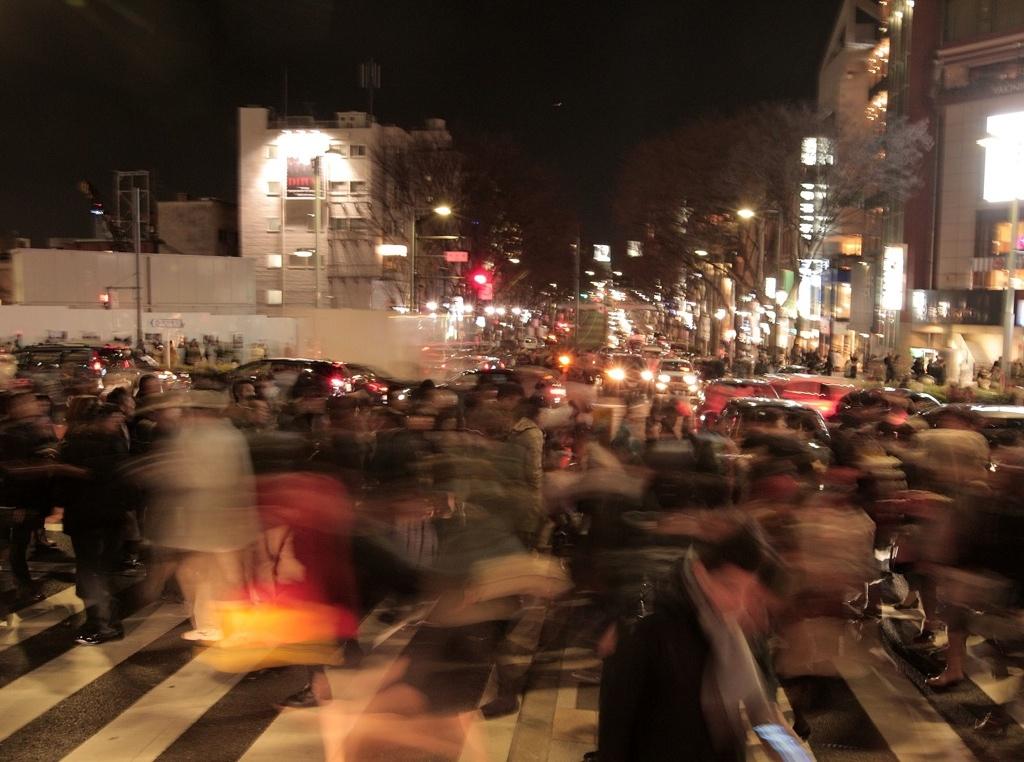Japan disaster: Economic damage to be limited?
Commuters make their way after train services are suspended after an 8.9-magnitude earthquake on March 11, 2011 in Tokyo, Japan.
With devastation across large sections of Japan, radiation possibly leaking from a cracked reactor core, more than 10,000 officially dead, and harrowing tales of sadness and grief, it's hard to see how the country's ongoing disasters will not also seriously damage the Japanese economy.
But that's the argument the New Yorker's James Surowiecki — one of this business writer's favorite business writers — is making today in this very smart analysis.
The economic example Surowiecki first points to is, well, Japan. The 1995 Kobe earthquake led to dire warnings that the country's economy would need years, or even decades, to recover.
Instead, as Surowiecki points out: "Twelve months after the disaster trade at the port had already returned almost to normal, and within fifteen months manufacturing was at ninety-eight percent of where it would have been had the quake never happened. On the national level, Japan’s industrial production rose in the months after the quake, and its GDP growth in the following two years was above expectations."
Similar results happened after California's 1994 Northridge quake, in South Carolina after Hurricane Hugo in 1989, and in Sichuan, China in 2008 following an earthquake that killed some 68,000 people.
Why? Economies are, by their very nature, adaptive organisims.
Here's how Surowiecki puts it (italics are mine):
"The biggest reason for this, as the economist George Horwich argued, is that even though natural disasters destroy physical capital they don’t diminish the true engines of economic growth: human ingenuity and productivity. With enough resources, a damaged region can reconstruct itself with surprising speed."
In fact, economists Mark Skidmore and Hideki Toya studied 89 countries that have been hit by climatic disasters.
They found that economic growth and productivity in these places turned out to be higher as investments in new technologies and infrastructure replaced older, less efficent, systems. And the countries that recovered quickly were, like Japan, fully developed economies with efficient markets and easy access to capital. (Though the economists point out that geological disasters don’t seem to have the same effects on growth as climatic one).
So perhaps there is a ray of light in Japan's continuing darkness, at least on the economic front.
Let's hope so.
Every day, reporters and producers at The World are hard at work bringing you human-centered news from across the globe. But we can’t do it without you. We need your support to ensure we can continue this work for another year.
Make a gift today, and you’ll help us unlock a matching gift of $67,000!
